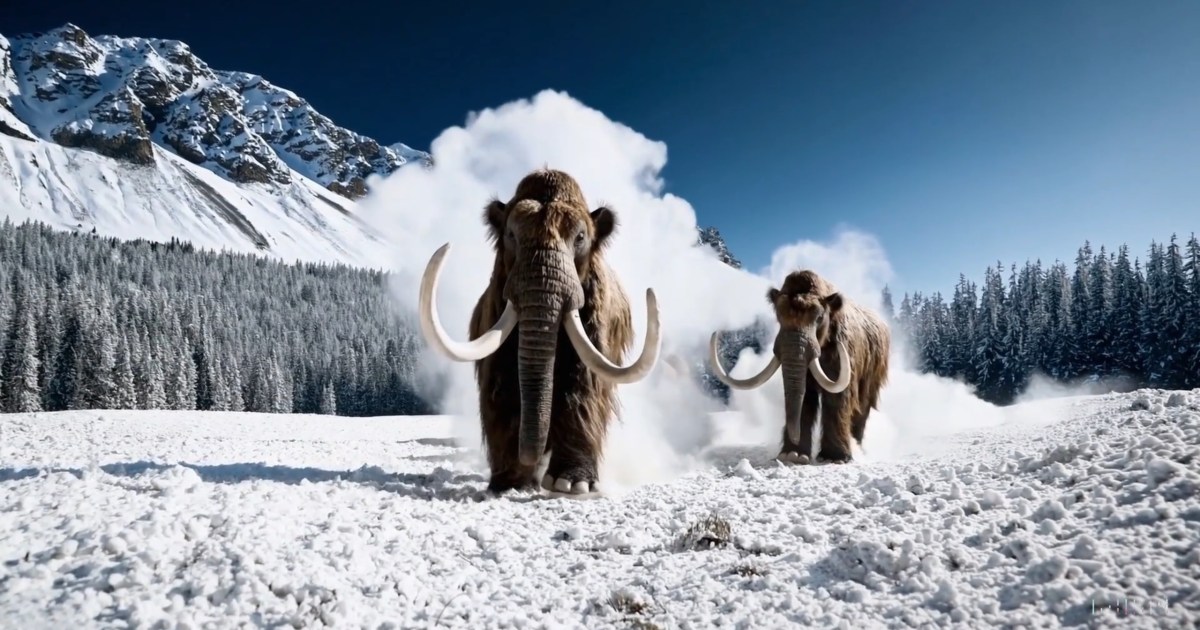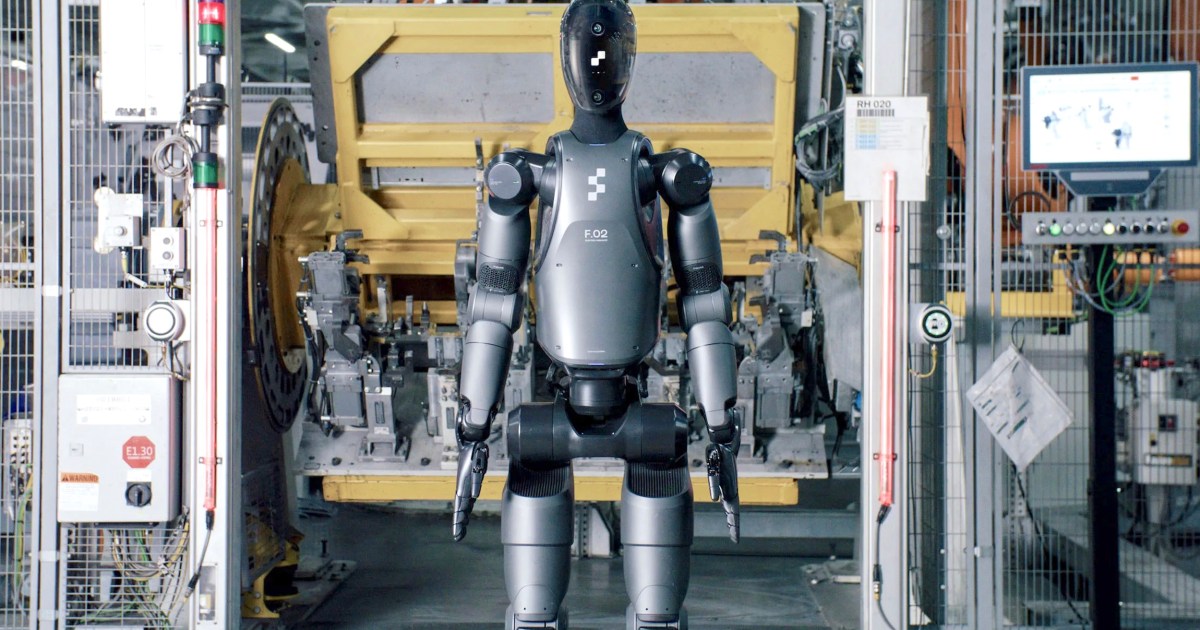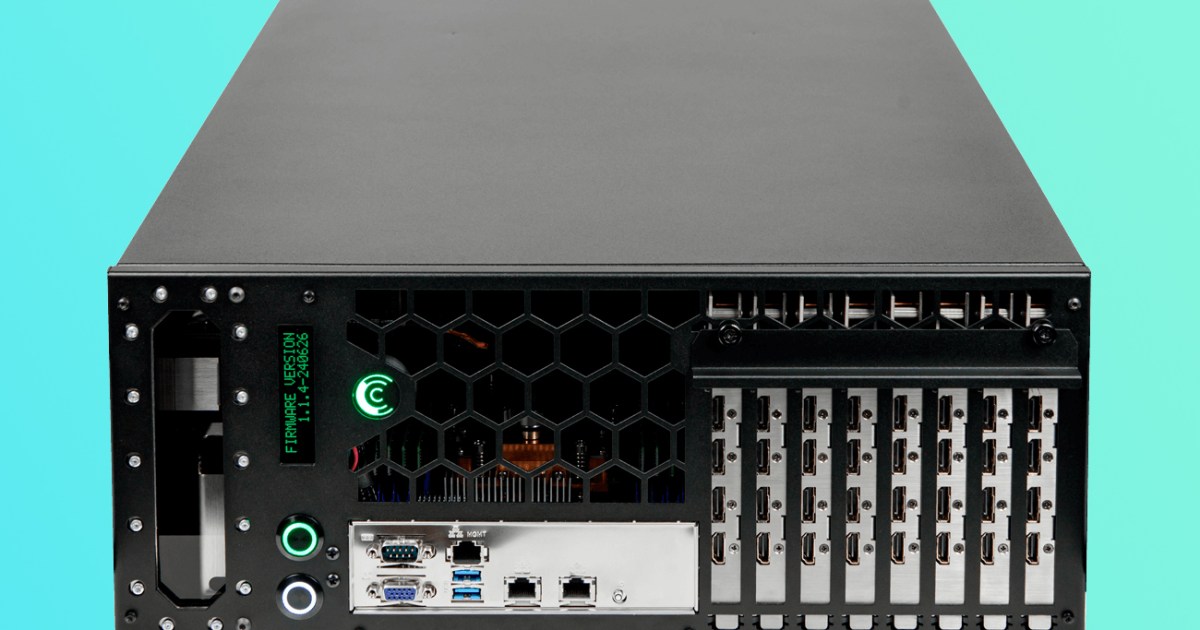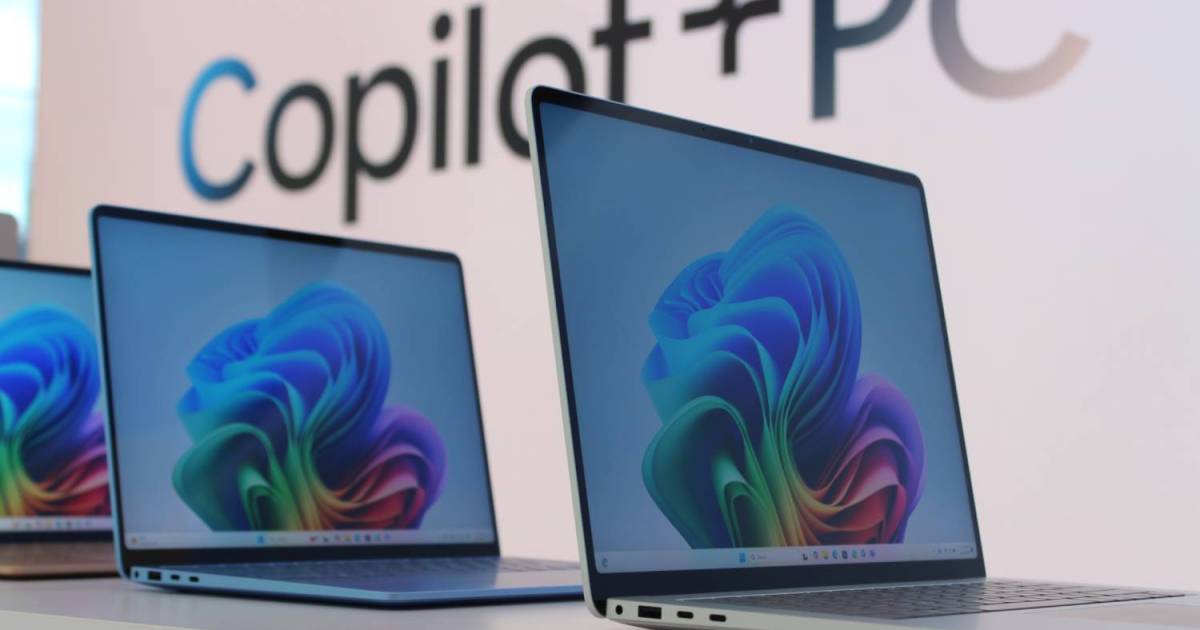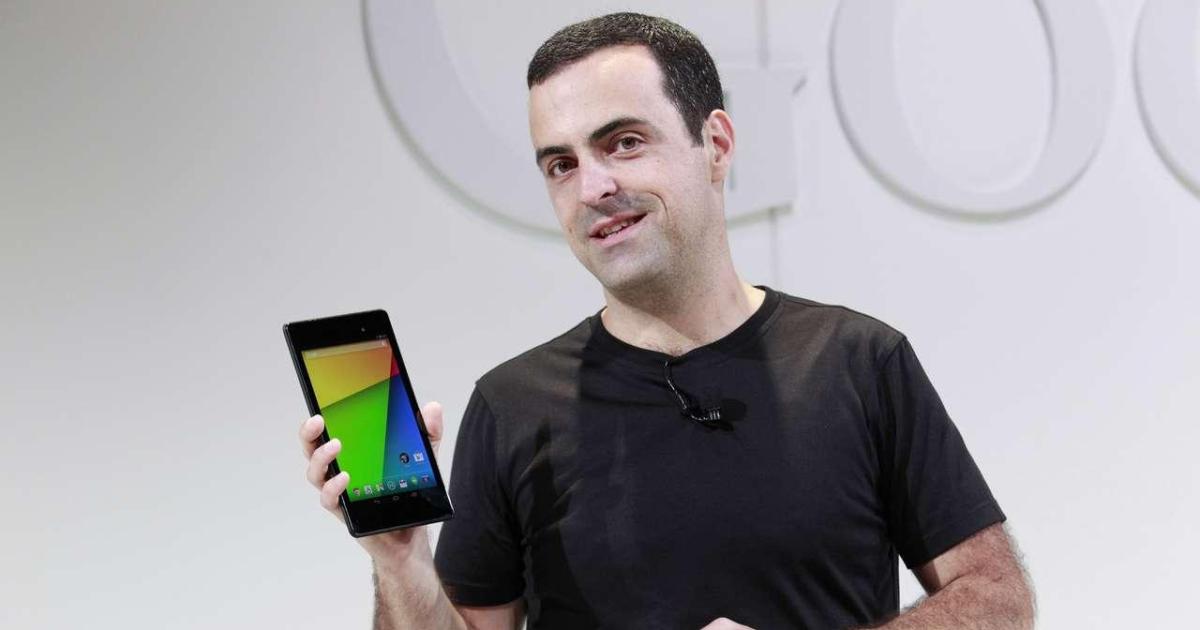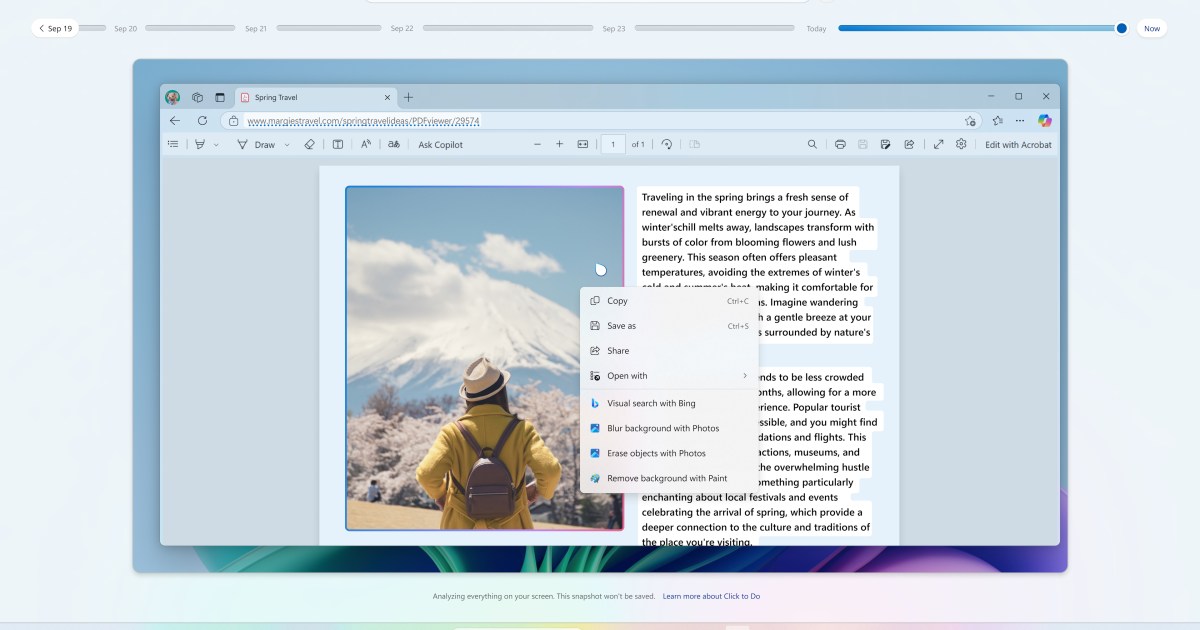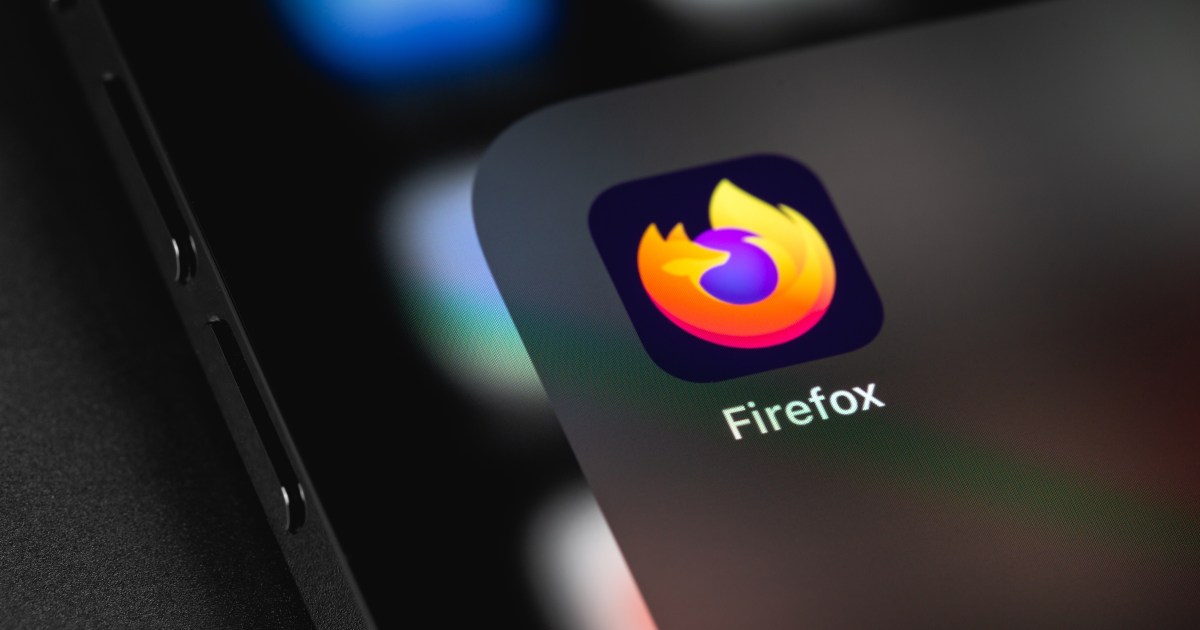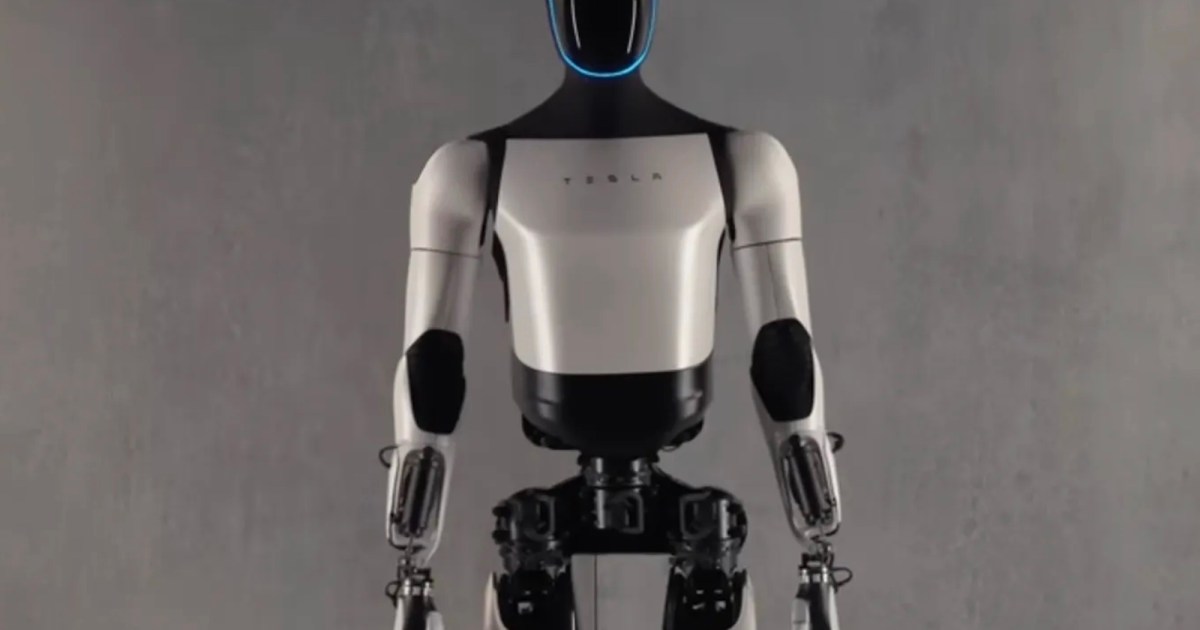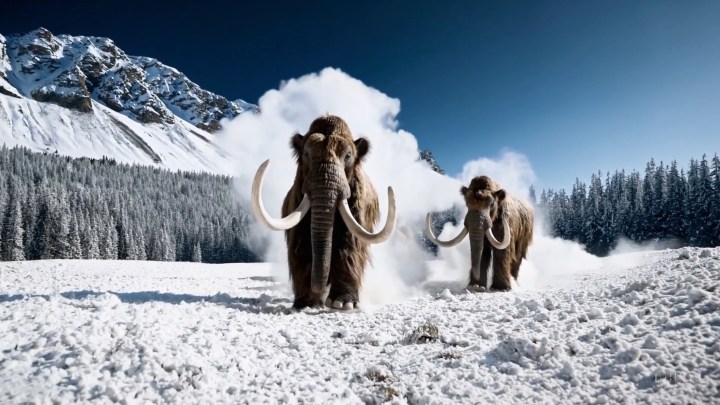 An AI image portraying two mammoths that walk through snow, with mountains and a forest in the background.
An AI image portraying two mammoths that walk through snow, with mountains and a forest in the background.
OpenAI’s unreleased video generation model, Sora, was leaked on Tuesday, November 26, 2024, by a protest group criticizing the company’s alleged “art washing” practices. The group, identifying as Sora PR Puppets, claimed to have early access to the Sora API and used authentication tokens to create a public interface. This allowed anyone to generate video clips with the model for a brief three-hour window before access was revoked, likely by Hugging Face or OpenAI. Despite the short timeframe, several users shared their Sora-generated videos on social media.
Artists’ Grievances Fuel the Leak
The Sora PR Puppets outlined their grievances in a manifesto, accusing OpenAI of exploiting artists through unpaid labor in the early access program. They argue that the program, offered to approximately 300 artists, prioritized PR and advertising over genuine creative expression and critique. The group also alleged that OpenAI screened and required approval for videos generated during the early access period. By releasing the tool publicly, the Puppets aimed to democratize access to Sora, mirroring the experience offered to the select group of artists.
The group emphasized their support for AI as an artistic tool, highlighting their participation in the program as evidence. Their core concern lies with the program’s implementation and the direction Sora is taking before a potential public release. They hope their actions will encourage OpenAI to become more transparent, artist-friendly, and genuinely supportive of the arts.
Sora’s Leaked Capabilities and Performance
The leaked version of Sora reportedly allowed users to create 10-second video clips with resolutions up to 1080p. This version appears to be an optimized “turbo” iteration of the model OpenAI initially showcased in February. Reports suggest that the earlier version was significantly slower, needing 10 minutes of processing time for a one-minute video and struggling to maintain stylistic consistency.
OpenAI Faces Competition and Internal Challenges
Despite its early lead in AI video generation, OpenAI is facing mounting competition. Rivals like Meta’s Movie Gen and Kuaishou Technology’s Kling are achieving comparable output quality and have already reached the market while Sora remains in development. OpenAI’s Chief Product Officer, Kevin Weil, recently attributed Sora’s delayed release to the need for further refinement, addressing safety concerns, and scaling compute resources.
Conclusion: A Call for Transparency and Artist Collaboration
The leak of Sora highlights the growing tension between AI developers and the artistic community. While the potential of AI as a creative tool is undeniable, the Sora PR Puppets’ actions underscore the importance of ethical considerations, fair compensation, and transparent collaboration with artists. The incident serves as a reminder that the development and deployment of powerful AI tools like Sora require careful consideration of their impact on the creative landscape.



